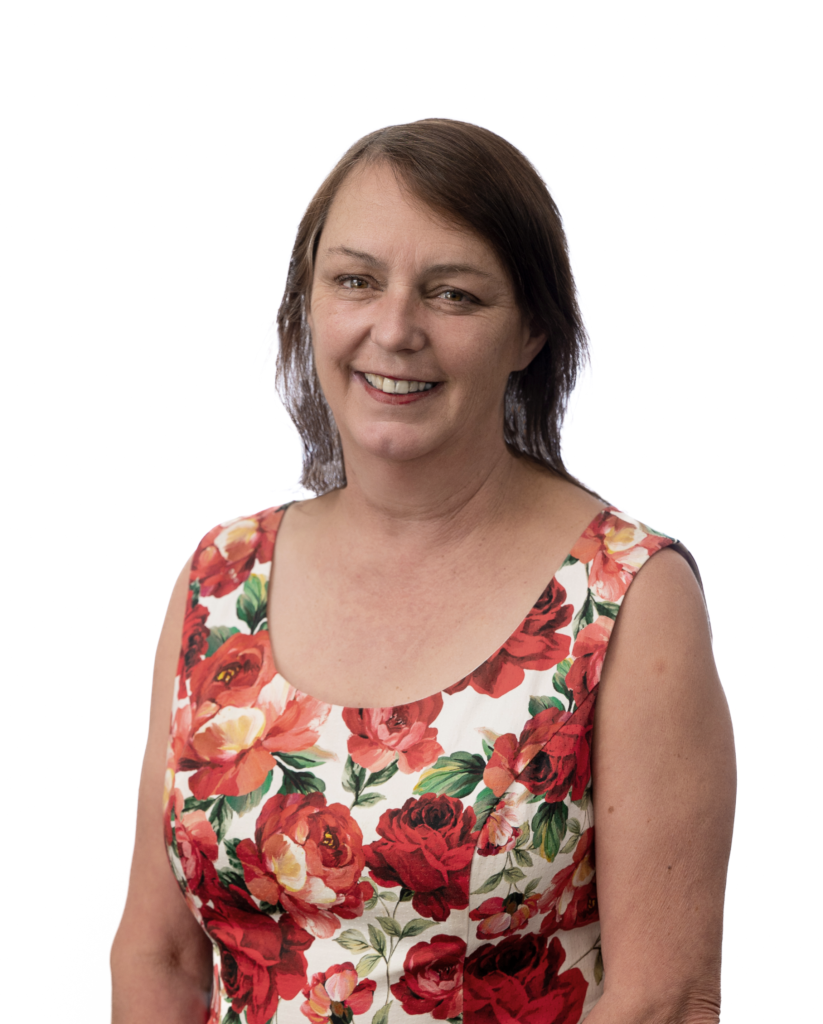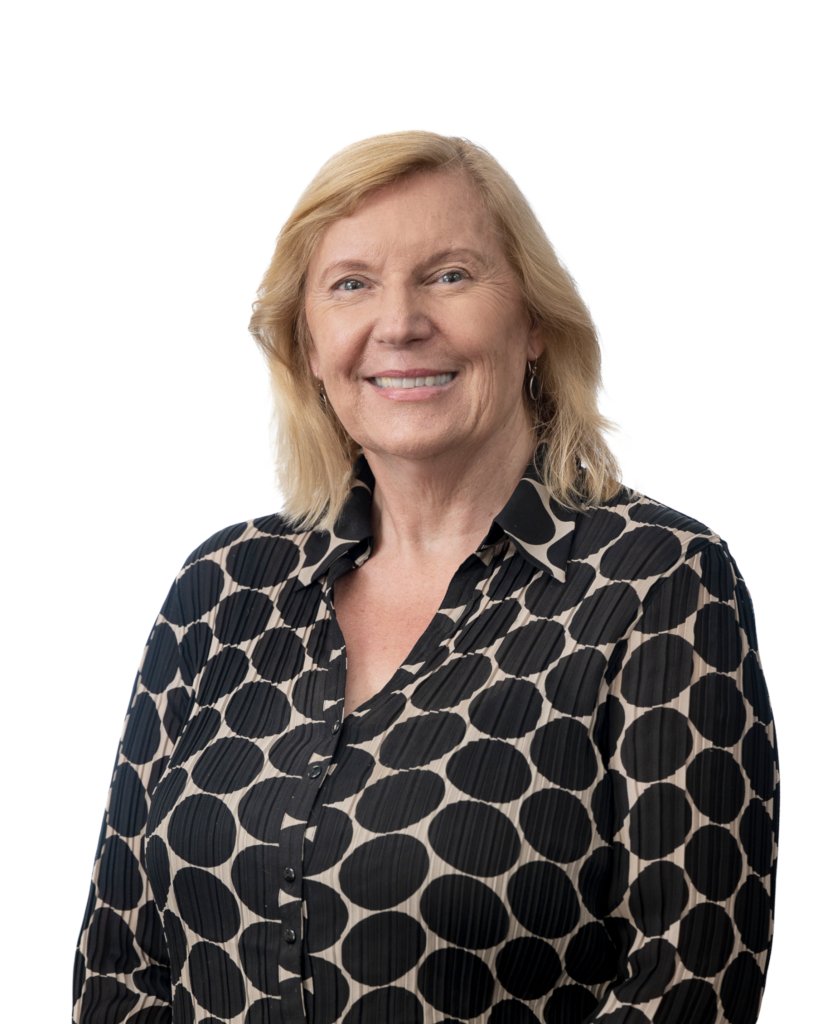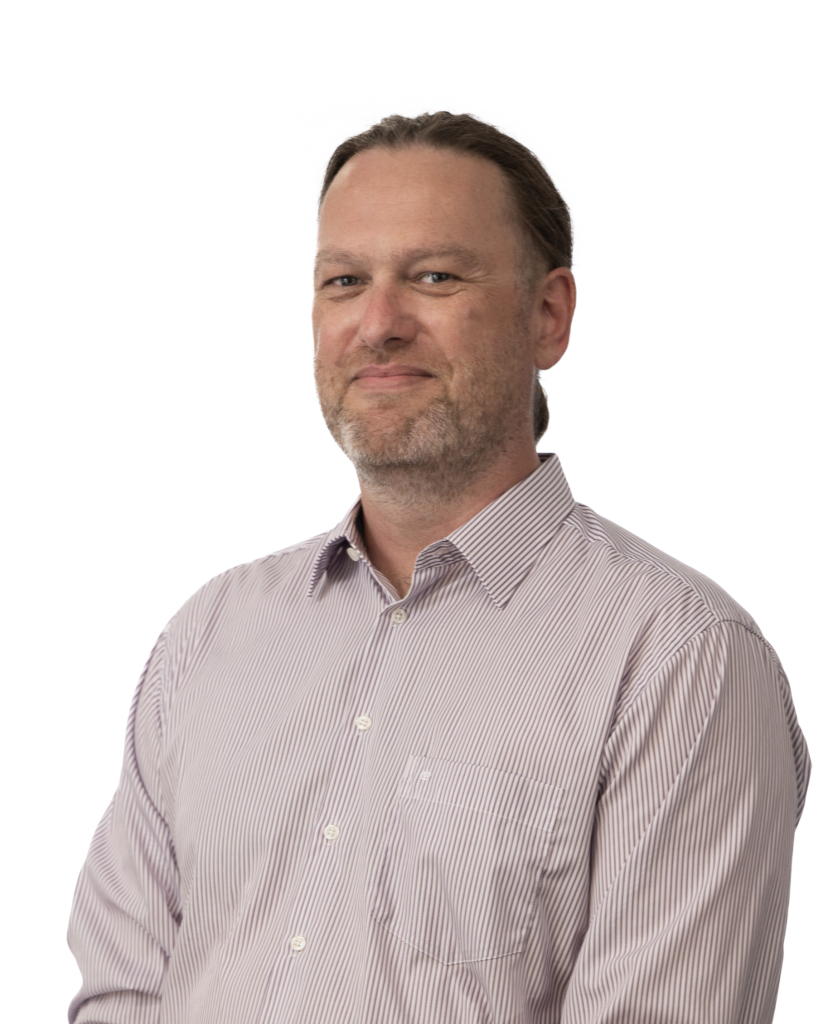Professional development subscription
Individual and organisational learning
NIODA has a new offering for alumni, past consulting clients and those who value the way we work:
Professional development subscription
for individual and organisational learning
Keep your systems psychodynamic skills fresh:
think with peers, be challenged to go deeper and create fresh insights and adaptive responses
Professional development subscription at NIODA gives you dedicated hours with an experienced NIODA practitioner who is available to work with you on current work role dilemmas and organisational challenges.
Use these hours in whatever ways work for you – coaching, debriefing, or utilising some of our suite of services, including workplace observations, current state analysis or group workshops.
For alumni, the subscription supports you to continue applying what you’ve learned and take up your authority as a practitioner and organisational leader. It’s a way of keeping your systems psychodynamic lens polished – thinking with others within the boundaries of professional confidentiality.
NIODA’s subscription sessions create guaranteed reflection time and a safe container for reflecting on experience in the workplace. Both are core to systems psychodynamic practice and invaluable to growing in whatever role you are in.
Testimonials
The Professional Development Subscription experience has been great. I’ve learnt a lot through the process. The group session and the 1:1 are different, but complementary. I’d highly recommend it to people who enjoy thinking about the deeper meaning of work and who like making plans to achieve their dreams.
Sally King, NIODA Graduate 2021
I’m finding the subscription incredibly useful and great value for money. I believe that one of the biggest challenges upon graduating is bridging the “knowing-doing gap” and putting into practice what I have learnt through the Masters. The combination of the group and individual sessions has enabled me to continue to apply the theory in meaningful ways, as well as to reflect on the challenges. Further, it has allowed me to stay connected to the systems psychodynamic community who continue to inspire my thinking.
Rhianna Perkin, NIODA Graduate 2021
In addition to your dedicated subscription hours, this package also includes regular facilitated group supervision sessions so you continue to learn and reflect with peers.
Plus
* attendance at NIODA seminars for free
* discounts on NIODA events held during the subscription period
The annual professional development subscription packing includes:
- 15 hours of individual professional development subscription time – designed and scheduled to suit your needs – e.g. one hour sessions at regular intervals or as needed, shorter debrief or catch-up sessions
- Ten group supervision sessions (monthly from the date of subscription) – maximum six participants (bring what you are working on and have the group help identify what may be happening beneath the surface)
- Attend NIODA Seminars free
- NIODA Symposium ½ price
- 25% discount on NIODA events (e.g. workshops, GRCs)
- 25% discount on NIODA services contracted during the subscription period
Over $8,801 value
for only $4,920* plus GST (that’s $410 per month)!
* further discounts available (see Terms and Conditions)
* prices subject to increase from 30 June 2023
The six month professional development subscription package includes:
- Seven hours of individual supervision time – scheduled to suit your needs – e.g. one hour sessions at regular intervals or as needed, shorter debrief or catch-up sessions
- Four group supervision sessions (monthly from April – August) – maximum six participants
- Attend NIODA Seminars free of charge
- NIODA Symposium for ½ price
- 20% discount on NIODA events (e.g. workshops, GRCs)
- 20% discount on NIODA Consulting services contracted during the subscription period
for only $2,940 plus GST ($490 per month)
* prices subject to increase from 30 June 2023
Consultants
Opening the space to think differently and to go on thinking in the face of turbulence;
exploring and creating possibilities

Ms Helen McKelvie
Leadership Development & Consulting Lead

Dr Brigid Nossal
Executive

Dr Wendy Harding
Dean

Ms Jennifer Burrows
Principal Consultant

Mr Thomas Mitchell
Master's Course Lead
Terms and Conditions
NIODA Professional Development Supervision
The subscription period runs for one year/six months from the date of receipt of the first monthly or full subscription payment.
By purchasing a subscription you are committing to payment of the full fee for the agreed time. Any of the subscription activities not taken up within the subscription period are forfeited unless otherwise agreed by NIODA.
Payment on invoice from NIODA 14 day terms.
10% discount available for:
- upfront payment for the full subscription fee
- groups of three or more from one organisation.
Group supervision sessions are scheduled to suit full-time workers, i.e. outside of 9 am – 5 pm Mon – Fri. Timing to be arranged with subscribers.
Strict confidentiality applies to all information shared in the sessions (individual and group). Any concerns about the sensitivity of particular matters shared in the sessions should be raised by subscribers with their NIODA practitioner/group supervisor.
About NIODA
The National Institute of Organisation Dynamics Australia (NIODA) offers internationally renowned post-graduate education and research in organisation dynamics, and decades of experience consulting with Australian organisations.
The study of organisation dynamics brings together socio-technical and psychoanalytic disciplines to explore the unconscious dynamics that exist in every group, team or organisation. Learning more about these theories, and reflecting on the experience of them, can support leaders and managers to unlock great potential in their organisations, tackling issues through a whole new light.
PO Box 287, Collins Street West,
Melbourne 8007 Australia
+61 (0) 414 529 867
info@nioda.org.au
NIODA acknowledges the Kulin Nations, and respective Traditional Custodians of the lands we work on.
We pay our respects to Elders past and present, and recognise their enduring sovereignty which has, and continues to, care for Country.
NIODA welcomes the Uluru Statement from the Heart’s invitation to walk with Aboriginal and Torres Strait Islander peoples in a collective movement for a better future.
